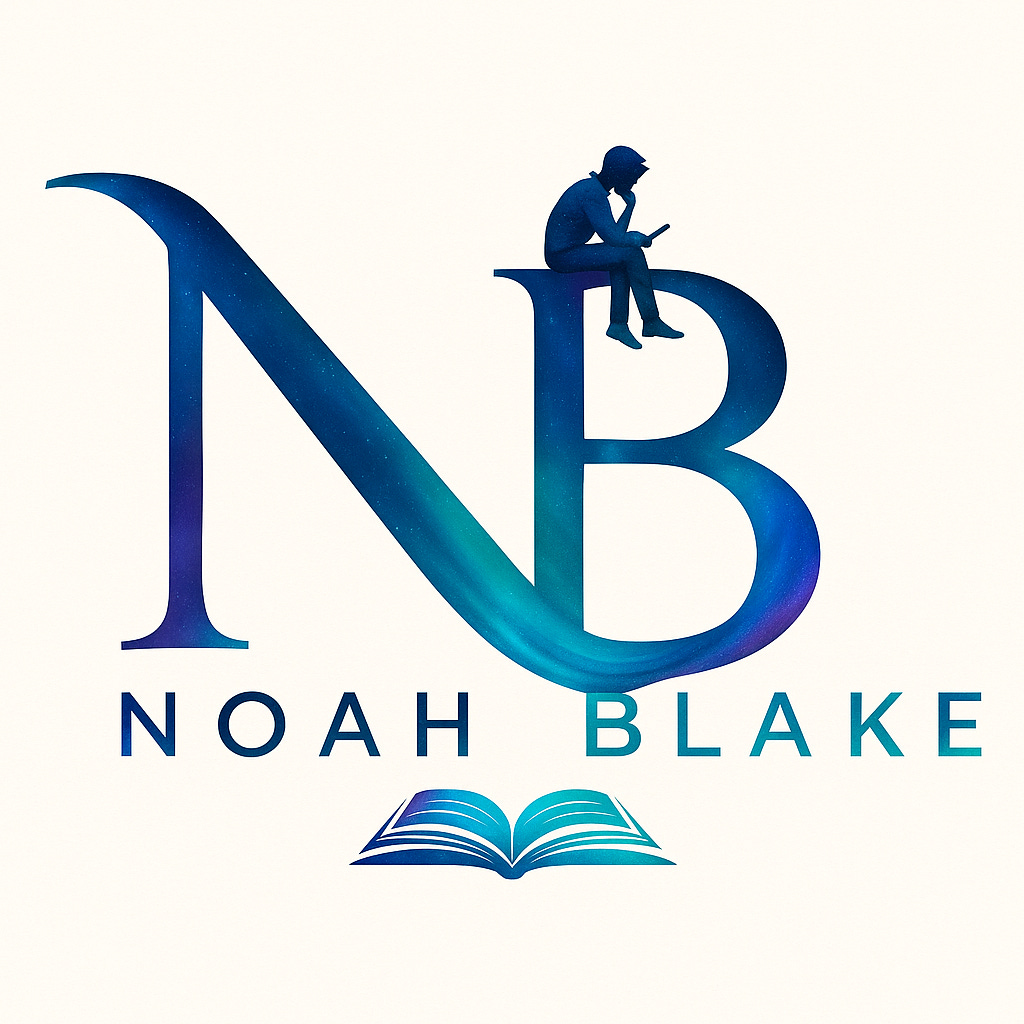Maggie Lena Walker: The Power of a Single Light
Honoring the Legacy of a Woman Who Banked on Her People — and Believed in a Future We Could Build Ourselves
We don’t learn everything we should in school.
Some of us don’t learn it at all.
Some stories — some people — go overlooked, buried in time, lost beneath louder headlines and bigger names.
But not today.
Today, we speak the name: Maggie Lena Walker.
Do you know her?
Have you heard her story?
Because once you do… you’ll start to understand just how much power one determined Black woman could wield — and why her name should echo in every hall of history.
Maggie Lena Walker was born in 1864, in Richmond, Virginia — just as the Civil War was ending. Her mother was formerly enslaved; her father was a Confederate soldier and Irish-American journalist who was later found murdered. Maggie’s early life was defined by hard work, sacrifice, and the reality of Reconstruction-era racism. But even as a young girl, she was already studying how money moved. How systems worked. And how people — especially her people — were shut out of both.
She joined the Independent Order of St. Luke as a teenager, a Black benevolent society that supported sick members, helped bury the dead, and created mutual aid before the government even thought to try. She rose through the ranks. And then she changed the game.
In 1903, Maggie Lena Walker became the first Black woman to charter and serve as president of a bank — the St. Luke Penny Savings Bank.
Let that sink in.
A Black woman.
Running a bank.
In Jim Crow America.
And this wasn’t just any bank. This was our bank. A place where Black people could deposit their money without fear. A place that invested in Black homes, Black businesses, Black futures.
She knew exactly what she was doing.
And she did it anyway — despite the threats, the doubt, the laws, the stares.
She believed in Black prosperity, Black dignity, Black ownership.
And she built an institution to reflect that belief.
Now ask yourself:
Why didn’t we learn about her?
Why are names like Maggie Lena Walker not taught alongside Rockefeller or Carnegie or Ford?
Why is our understanding of “American greatness” so narrow, so curated, so sanitized?
We celebrate the 4th of July with fireworks and parades — but what does it mean when so many of us have never even heard of someone like Maggie?
Someone who helped build freedom, not just wave a flag for it.
She didn’t do it alone.
She had help.
Other women. Men in the community. Members of the Order.
She stood beside them — and they stood beside her.
That’s how movements are made.
She started with her mother’s washing business. She wrote. She organized. She spoke publicly. She educated others. She founded a newspaper — The St. Luke Herald. She knew the power of information, circulation, narrative.
Maggie saw the whole board — and she played it with vision.
The Penny Savings Bank would eventually survive the Great Depression when so many others collapsed.
It would merge, evolve, and continue serving the Black community for generations.
When you begin your own search into Maggie Lena Walker’s legacy, you may have questions.
Hold onto them.
Let them take you deeper — not just into her biography, but into the systems, perceptions, and histories she navigated.
She is more than any one image, more than any one headline.
She is a study in vision, strategy, and unwavering purpose.
So here we are.
In 2025.
Still fighting some of the same fights.
Still asking: What does it mean to build something lasting in a world that wants to erase you?
Still trying to honor the light of those who came before us.
And I ask you now:
Where do you live?
On a street? In a zip code? In a town, a borough, a parish, a county?
Wherever you are — you live somewhere.
And that means you can do something.
You don’t have to start a bank. But you can volunteer. Speak. Organize. Write. Help at a pantry. Show up at a school board meeting. Mentor a neighbor. Feed a child. Start with what you have.
Because that’s what Maggie did.
She started with what she had.
And what she had was more than enough.
We carry her now.
In story.
In spirit.
In action.
Let’s ask more questions.
Let’s search for more names.
Let’s bring our ancestors forward, not just on holidays — but every time we gather in the name of justice, of love, of building something real.
And if you want to learn more about her, you can start with:
The Maggie L. Walker National Historic Site in Richmond, VA
Books like Maggie L. Walker and the I.O. of St. Luke by Gertrude Woodruff Marlowe
The National Park Service archives
Black history databases, university collections, and even local libraries
The descendants who still carry her flame
She’s not gone.
She’s waiting to be remembered.
And now that you know her name…
What will you do with it?
— Noah Blake





